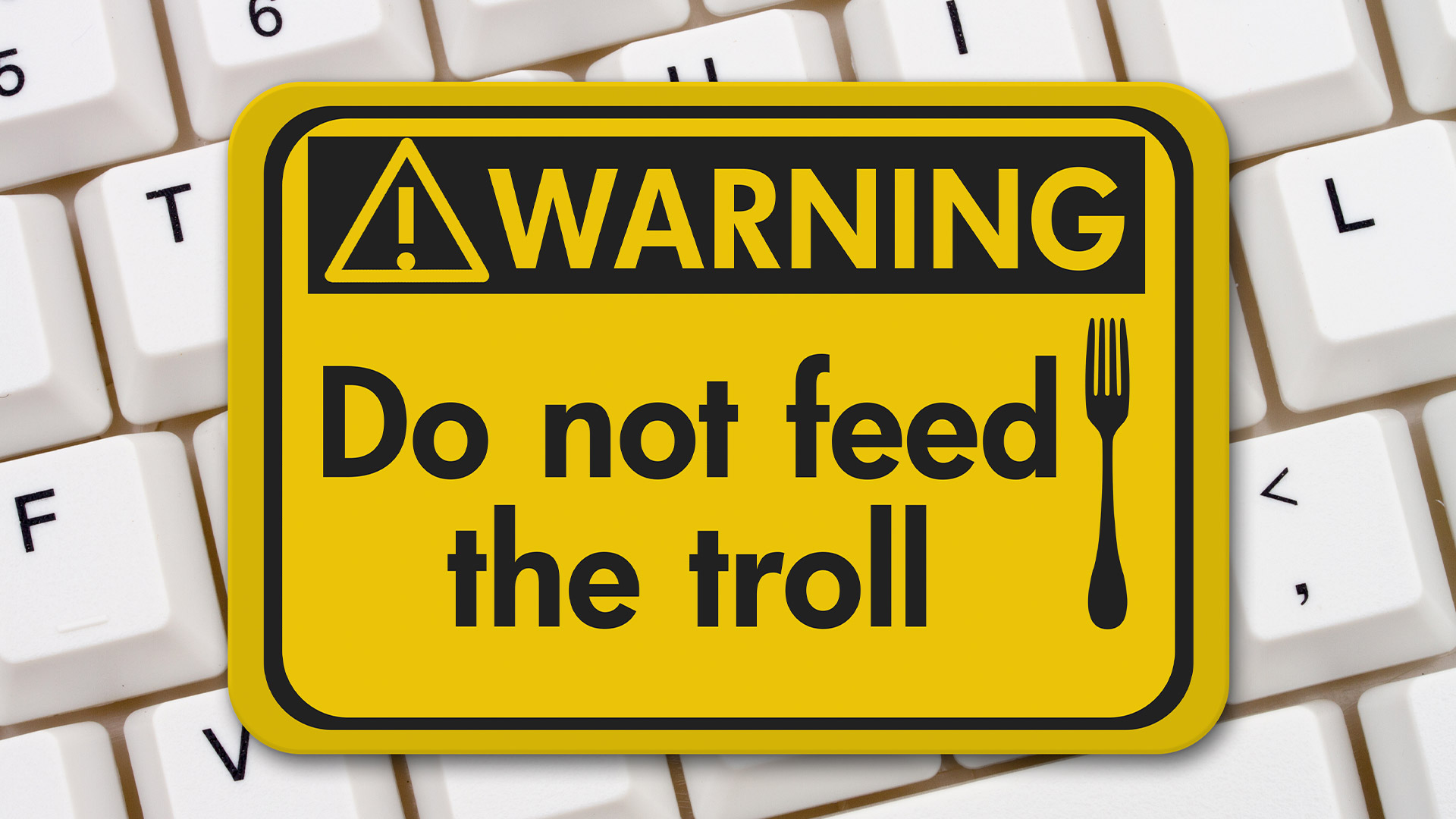You are viewing your 1 free article this month. Login to read more articles.
Should writers ever engage with trolls?
When my Viking met a vicious and inaccurate reviewer, I was tempted to launch into full battle.
After all these years I can actually call myself a professional author. I’ve collected rejection slips, laboured in magazine writing, perfected my craft and built an audience until Lo! An agent came seeking me. Wanted to know about my book ideas. Wanted to represent me to editors. And proceeded to sell my book to my dream publisher.
My historical biography, The Last Viking, came out in late 2021, riding the wave of Viking mania filling our streams. The London Times called it “great fun” and Pulitzer Prize-winning critic Michael Dirda of the Washington Post compared it to I, Claudius and Game of Thrones, saying, “It’s that exciting, that good.” Reader reviews are overwhelmingly five-star. In four months it became an Amazon bestseller in its modest niche, and my publisher’s bestseller for the year, even though it wasn’t released until September. It’s still going strong, now in its fifth printing.
Then came another milestone in my career as a professional author. My Viking met a troll.
An Amazon reviewer called me a liar and a plagiarist, claimed the book was full of errors and gave it a one-star review.
Now look, everybody’s entitled to an opinion, but this troll is just plain wrong. My original manuscript had 699 footnotes, including citations for every quote. Prior to publication it was not only checked for plagiarism, but vetted by historians, academics, experts in the field and multiple editors for accuracy. I spent more than a year poring over Norse sagas, Byzantine accounts, and Anglo-Saxon annals, documenting everything, fitting it all together into a cohesive, entertaining biography, and telling it well. My troll claimed expertise, put about 15 minutes into lying about it, and got a “top review” and more space on my book’s Amazon page than I do. Which, I suspect, was the goal all along.
We non-celebrities know that getting into a go-round on social media is at best futile, and at worst likely to ignite the kind of flame war that so many authors these days dread. Do not feed the troll
My troll identifies as a writer, but doesn’t appear to have written anything, at least nothing for sale on Amazon, and nothing that Google knows about, either. I finally got search results on – where else? – Twitter. The feed consists mostly of excuses about how hard it is to get any writing done between sessions on Playstation, tweeting and mood swings. On reviewing my book, the troll had a bad day: “All I want to do is sleep and cry and binge eat until I puke.” This from an adult, whose profile photo features a “NO H8” facial tattoo.
A little further down the feed, J K Rowling gets accused of plagiarism too, so I’m in famous company. I’m not surprised that that few of my troll’s small following ever engage back. When I replied to one of the flames about my book, apologising for any disappointment and inquiring if we might discuss it – a mistake on my part, showing weakness – I got a quick reply in the affirmative. My troll is happy to have somebody, anybody to talk to. Or to reel in another sucker to H8.
I stopped myself before getting in too deep. Should I have tried to engage? A few years ago comedian Sarah Silverman made headlines when a Twitter troll called her the C-word and she responded with kindness, urging him to seek support for his evident physical and emotional anguish. Good for her!
Sadly, though, my career as a professional author hasn’t yet gained me Silverman’s weight in Twitter followers and celebrity, enough to compel a troll to see the light. We normies know that getting into a go-round on social media is at best futile, and at worst likely to ignite the kind of flame war that so many authors these days dread. Do not feed the troll.
I’m more inclined to fight, the way Vikings dealt with trolls. The Saga of Grettir the Strongtells how Grettir Asmundarson, a 10th-Century Icelandic outlaw, battled a troll all night until he finally managed to cut off its arm, leaving it (according to differing versions) to drown or turn to stone in the morning light, or at least unable to write toxic reviews on its iPhone. Myth and metaphor aside, on a more real-life level, honour and reputation were everything to Vikings, to the extent that shedding blood or even killing to avenge an insult was considered mere self-defence.
Then again, such eye-for-an-eye justice often led to vengeance in kind. Blood feuds, some going on for generations. Talk about flame wars! Fighting isn’t the answer either.
I know you’re looking for a happy ending in which, using reason and compassion, I converted my troll from spammer to fan, as Silverman tried to do. But the fact is, her kindness was all for nothing. Revisiting her troll’s Twitter feed these days reveals that, having played nice while getting the attention he craved, he’s back to indulging in drugs, profanity, abuse and excuses.
He used her.
Trolls. Can’t kill ’em, can’t reason with ’em. They don’t respond to logic or empathy. They thrive on misery, ours and theirs. My writing was good enough to make mine want to cry, binge out and puke. That’s as happy an ending either of us is going to get.
As an author, you just have grow a thick skin, trust your writing, and also trust review readers – potential book-buyers – to recognise a troll at work. Since it was posted, that one-star review has gotten 10 “helpful” clicks. Yes, every one of them grates on me. Meanwhile, though, The Last Viking has gotten some 50 more five-star reviews. That more than makes up for it.
Besides, I’ve already won the flame war, without even getting into it.
I’m a professional author now, and my troll made a verified purchase.
I get a royalty on that.




















